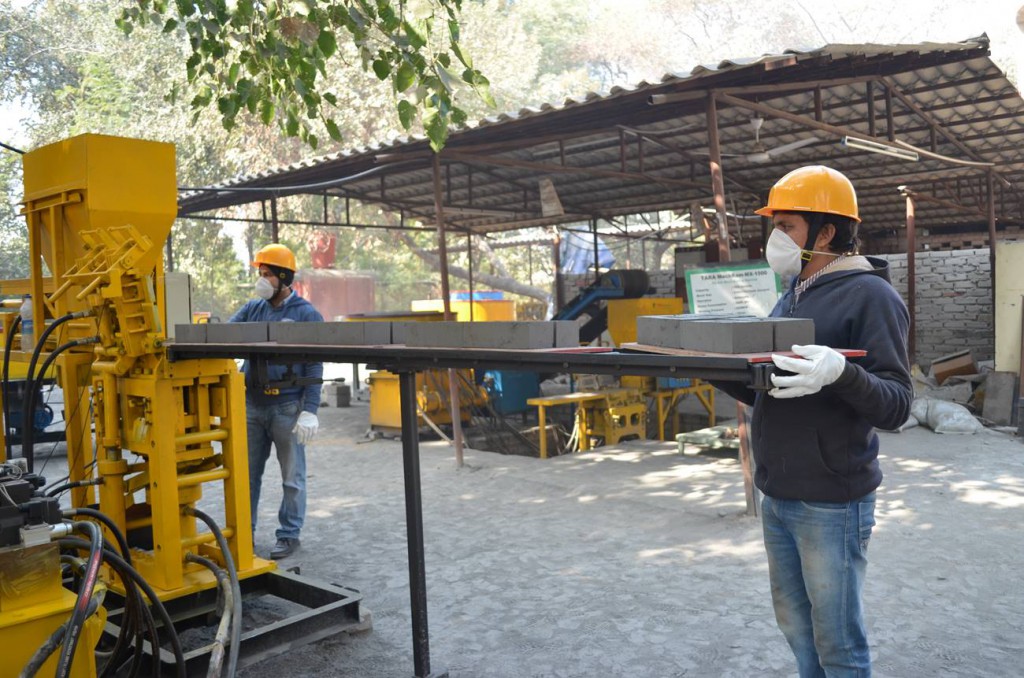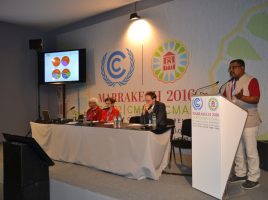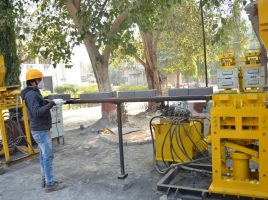Waste Recycling – Time to Realise the Potential
India is the second largest populated country in the world. With increasing urbanisation and infrastructure development, consumption patterns are changing. Estimates show that waste generation in India will increase by 5% each year. However, in terms of waste utilisation, statistics claim that India is far behind the European and other developing countries.
Traditionally, India has always had a history of recycling waste. However, no actual data exists till date. Various estimates show that the amount of waste being recycled in India is between 30-45%. Most of the recycling is carried out in the informal sector providing livelihoods to a large number of people in the peri-urban and metro cities. This is quite a profitable business as evident from the growing number of small businesses coming up. Most of the recycling is carried out in the informal sector by so called ‘rag pickers’. They collect and segregate the waste before it goes to the re-processing units. If the work of these informal sector rag pickers were to be regularised and given recognition, India will be counted as a country with a very high rate of waste recycling.
Another issue plaguing the country is our mind-set. Generally it is assumed that waste collection and processing is the job of the Municipal Corporation. People pay taxes and so have the right to ‘throw’ waste into every nook and corner of the country including virgin lands, rivers, ponds and all other sources of water bodies. This mind-set needs to change. People have to understand that it is their responsibility to manage the waste they produce. If waste is segregated at source, there is much better recovery of recyclable waste and more than 80 percent of the waste can be composted or recycled.
It is proven that waste recycling and reuse can be a highly profitable business. In fact, countries like Germany, Austria, South Korea and Wales recycle almost 50-60% of their waste. It is estimated that the waste recycling business in India alone will grow to around Rs. 50,000 billion by the end of 2050. Most of the business will be in the micro, small and medium sector generating large number of livelihoods.
Some of the demonstrated and practiced examples of waste reuse and recycling are making polyester fibres from discarded plastic bottles; solid waste into fuel for running power plants; metal scrap for foundry industries; waste cotton into handmade paper; thermal power plant waste into cement, concrete and bricks; foundry slag waste into building materials; construction and demolition waste into building materials; municipal organic waste into compost etc.
In recent times, there have been many start-ups and small enterprises adopting waste recycling as a profitable business. However, the major issue again is the mind-set of the people and the ‘taboo’ associated with the word ‘waste’. The term ‘waste’ is still looked down upon as a job of the lower caste people in the Indian caste-based system. It is seldom that people accept and agree to pay premium for goods produced out of waste. The general idea is that waste available is free and thus the goods made out of it should also be cheap. Until and unless we can get out of this mentality, the recycling industry will continue to be a sleeping giant and disposal the prerogative of the government.
Dr. Soumen Maity
smaity@devalt.org
The views expressed in the article are those of the author’s and not necessarily those of Development Alternatives.






Leave a Reply